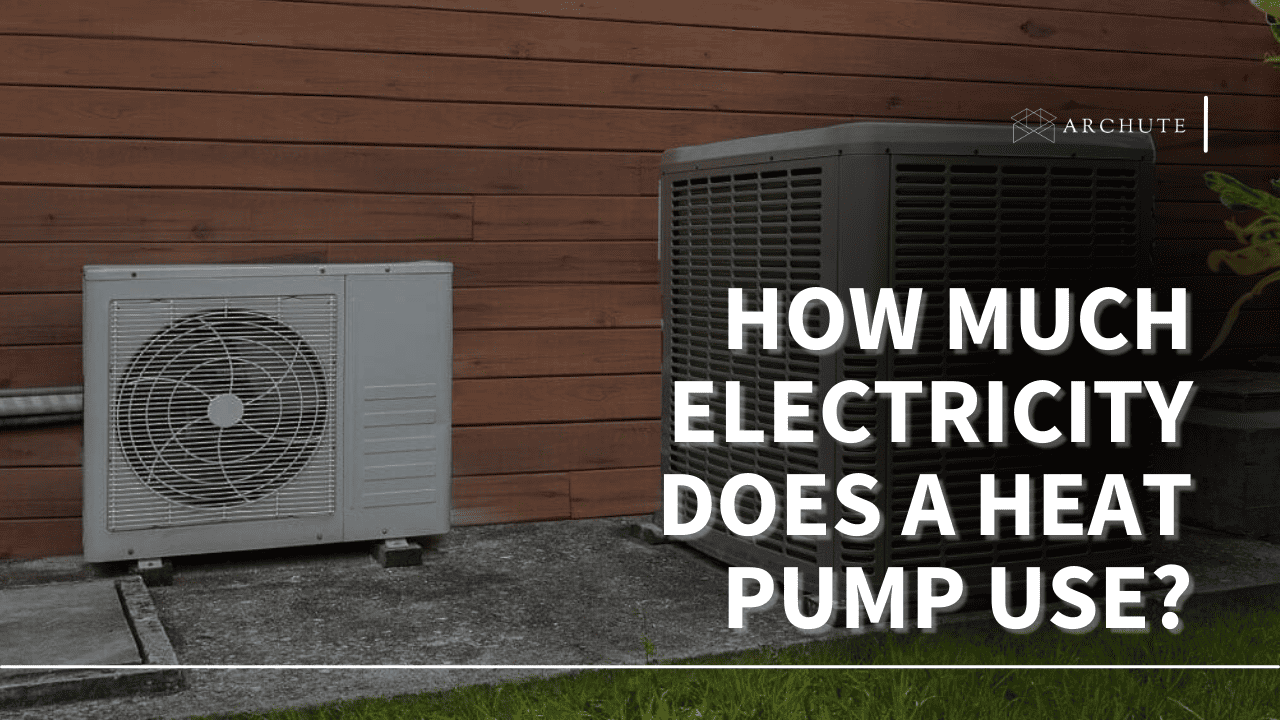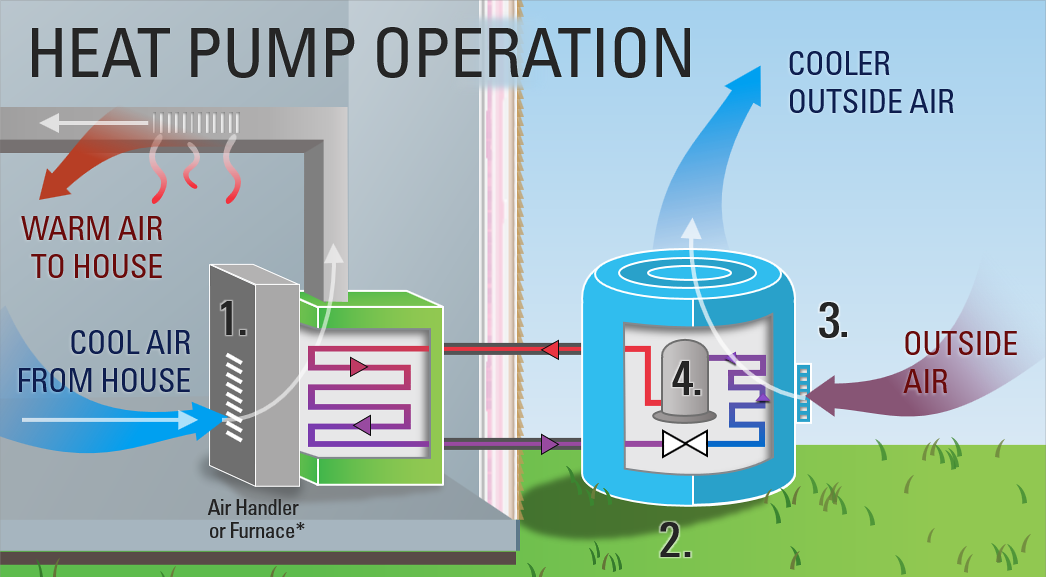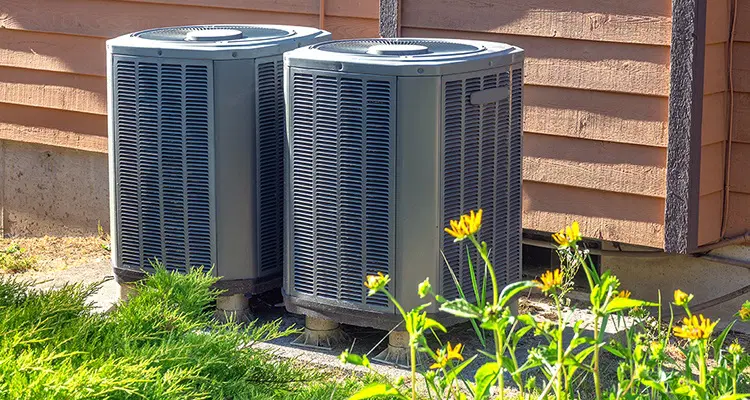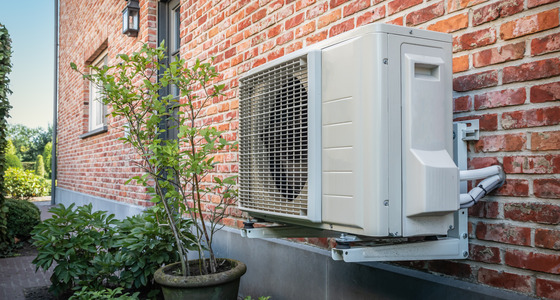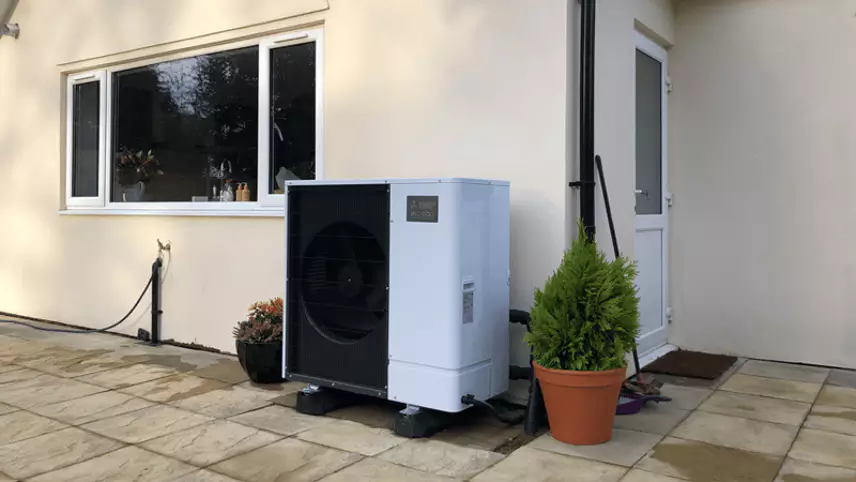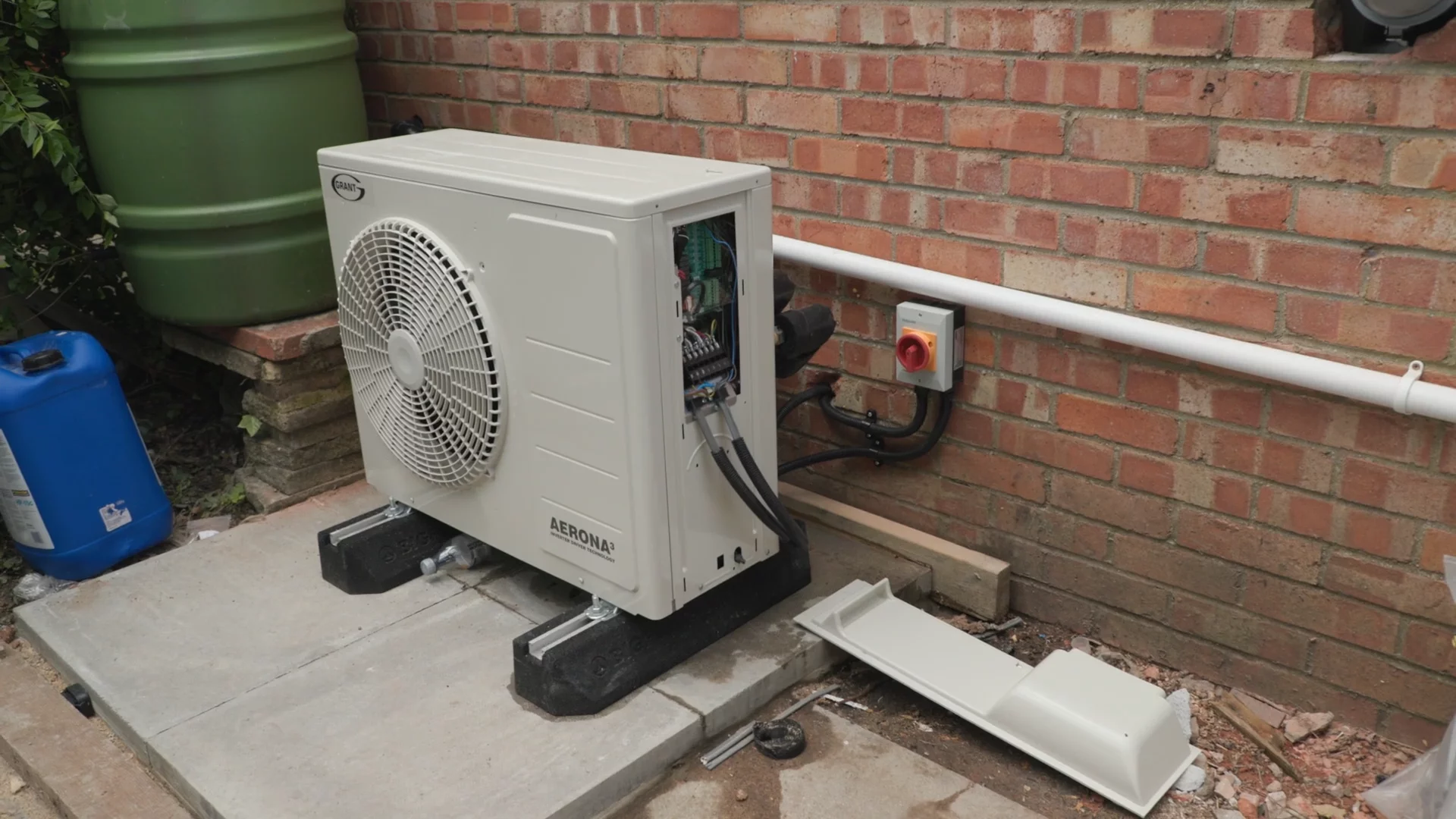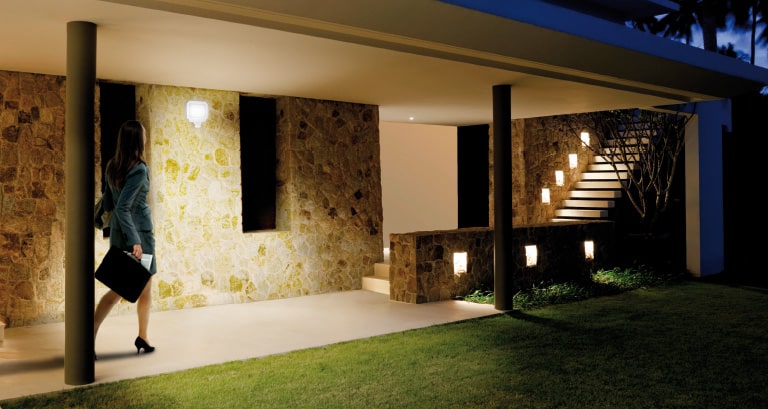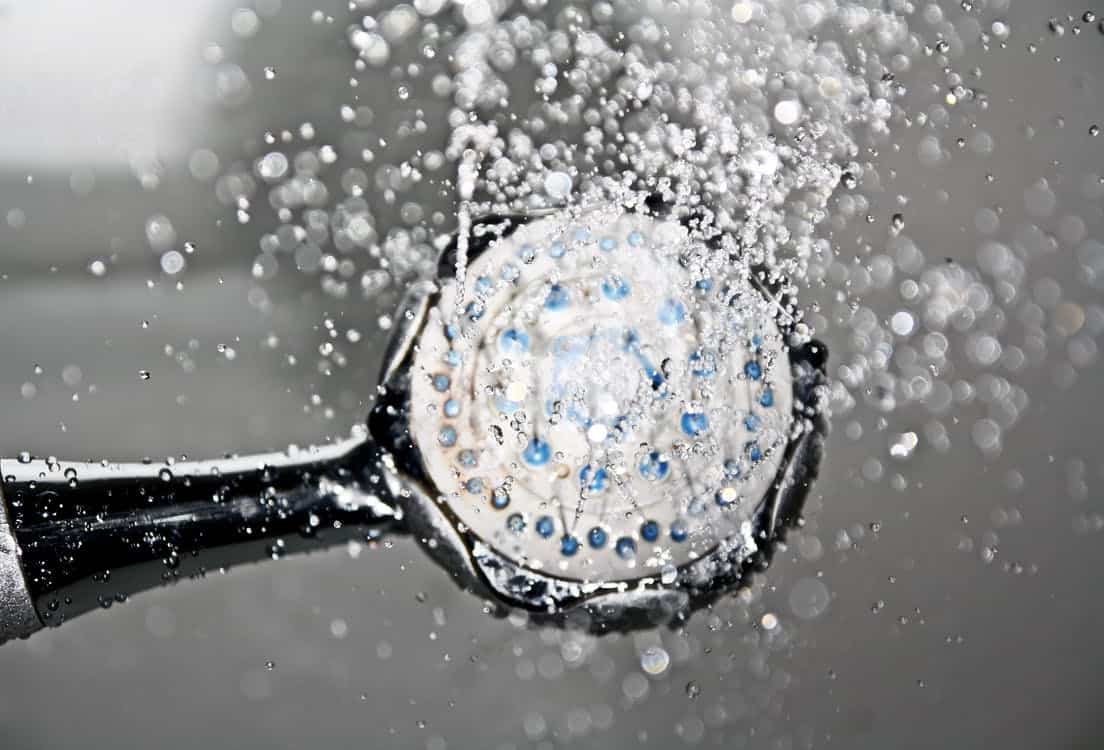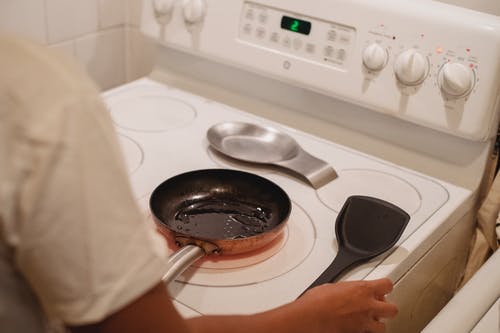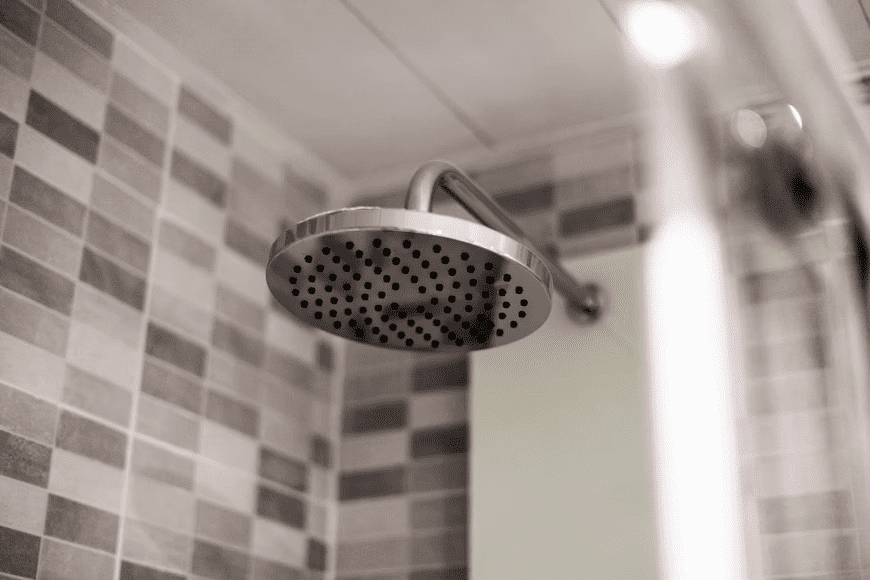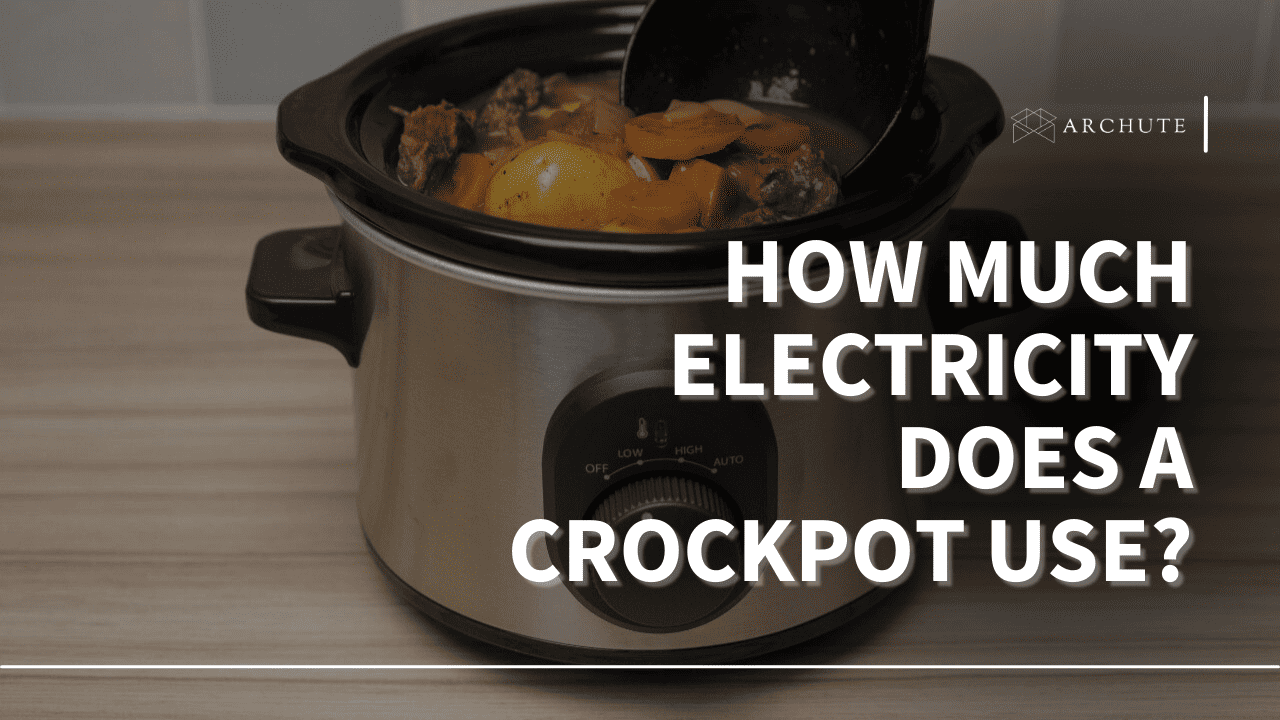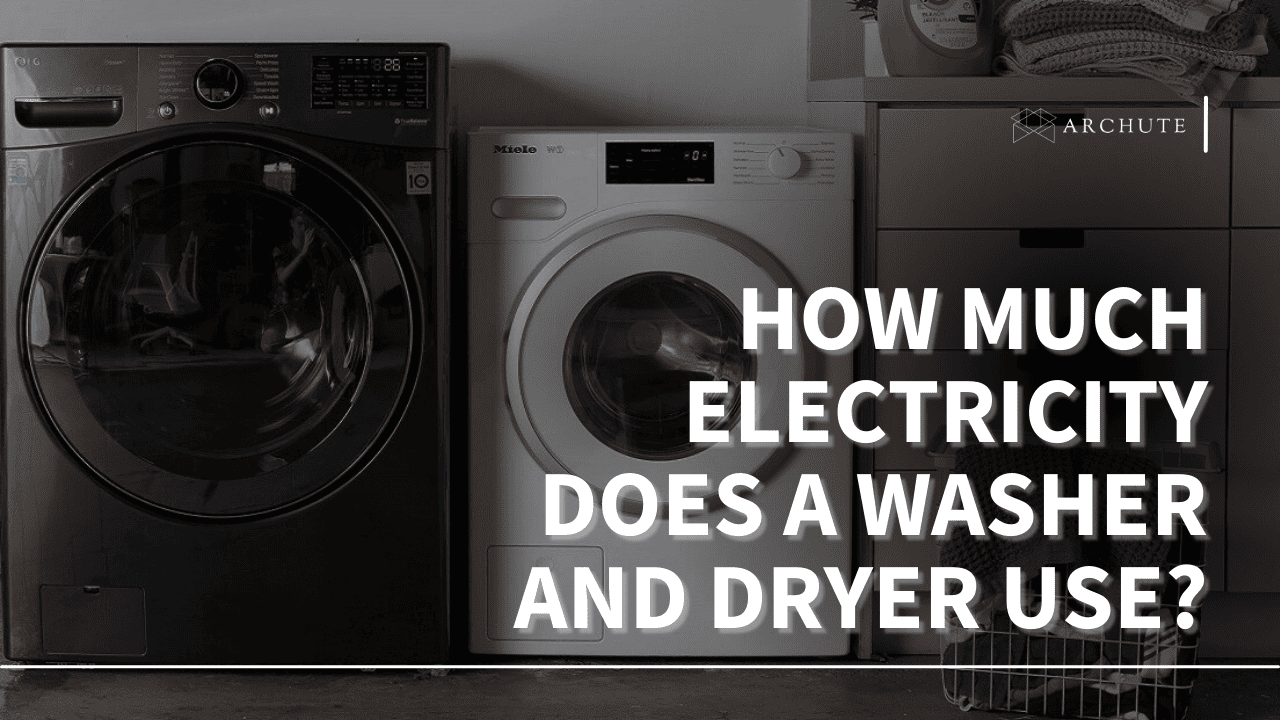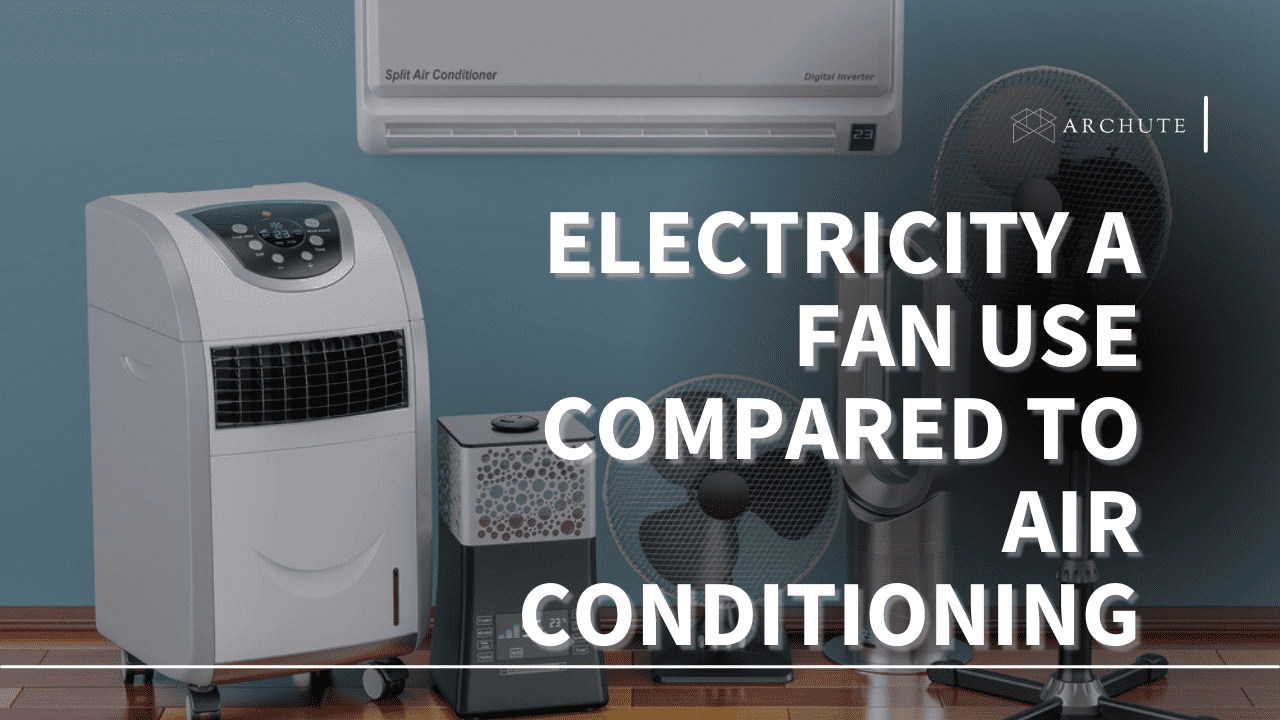Is a heat pump on your list of potential house improvements? Well, a heat pump is one of the most effective ways to keep your house warm and comfortable during the cold seasons. However, you may be concerned about the device’s electricity consumption, given its reliance on electrical power. The good news is that heat pumps are more energy-efficient than traditional heating methods. Because of this, they might not increase your electricity bill as much as a furnace would. So, how much electricity does a heat pump use?
How Does a Heat Pump Work?
A heat pump functions similarly to a refrigerator but in reverse. It contains a special fluid called refrigerant. This refrigerant can absorb and release heat as it changes from a liquid to a gas and vice versa. During the heating mode, the heat pump takes heat from the outside air and transfers it indoors, effectively warming up the indoor space.
Image Source: 2040energy.com
On the other hand, in the cooling mode, the heat pump works in the opposite direction. It extracts heat from the indoor air and releases it outside, cooling the indoor space. Since most heat is transferred instead of generated, heat pumps are far more efficient than traditional heating technologies like boilers or electric heaters and can run cost-effectively.
How Much Electricity Does a Heat Pump Use?
A heat pump’s energy efficiency is usually determined by its coefficient of performance (COP). This unit is determined by calculating the amount of electricity input and heat output. Air source heat pumps usually have COPs ranging from 2.5 to 4, producing 2.5 to 4 units of heat for each unit of power used. On the other hand, geothermal heat pump models have COP values exceeding 4.
Image Source: bestheating.com
To understand how much power a heat pump uses, you will need to know its COP and heating or cooling capacity. For instance, if a heat pump has a COP of 4 and a rate power input of 10 kilowatts, it would consume 10 kilowatts of electricity to produce 40 kilowatts of heat.
On average, a well-insulated home requires around 10,000 to 20,000 kWh of heat annually. So, to achieve this, a heat pump with a COP of 4 would use about 2500 kWh to 5000 kWh of electricity annually. These figures, however, depend on the size of the house and other factors that we will mention later. A heat pump model with a COP of 3 would use more electricity to produce the same heat output.
The electricity used by heat pumps varies, ranging from 1.142-kilowatt hours to 2.283 kWh per hour. Also, it’s important to note that energy bills vary, and different states may have different climate conditions, affecting the overall heat pump electricity usage.
How to Calculate Heat Pump’s Wattage
Determining the wattage of your heat pump can be tricky since this information is not included on the unit’s specification sheet. Instead, you will find the seasonal energy efficiency ratio (SEER) rating. Let’s use this information to determine the wattage of your heat pump.
Image Source: bchydro.com
Equation 1:
Energy Efficiency Ratio (EER) = −0.02 × SEER² + 1.12 × SEER
Equation 2:
Total Wattage = Capacity (In BTUs) ÷ EER
We start by converting SEER to EER and then use the results to calculate the total wattage of the pump.
For instance:
A 3-ton heat pump (36,000 BTU) with an 18 SEER
So to get the Energy Efficiency Ratio(EER), we use the given formula;
EER = −0.02 × SEER² + 1.12 × SEER
EER= −0.02 × 18² + 1.12 × 18 = 13.7
The Total Wattage is calculated by dividing the capacity of the heat pump in BTUs by Energy Efficiency Ratio(EER)
Total Wattage (3-ton, 18 SEER) = 36,000 BTU ÷ 13.7 = 2,632 Watts
Factors That Influence Heat Pump Electricity Usage
1. Types of Heat Pumps
Image Source: edie.net
i). Air-Source Heat Pumps (ASHP)
These heat pumps usually provide efficient heating and cooling in moderate climates. In very cold weather, however, the efficiency of these heat pumps may reduce, leading to increased electricity consumption as the systems work harder to generate heat from the outdoor air.
ii). Geothermal Heat Pumps or Ground-Source Heat Pumps (GSHP)
Geothermal heat pumps are popular for their energy efficiency throughout the year. The heat pumps use the ground’s stable temperature or a water source to run more efficiently than air-source heat pump models in extreme temperatures. Due to their superior efficiency, these heat pumps can help reduce electricity consumption than other heat pump systems.
iii). Water-Source Heat Pumps (WSHP)
Water source heat pumps usually provide high energy efficiency, especially when using a water source with stable temperatures. That means the quality and availability of the water source will influence this device’s electricity usage. In areas with a readily available water source, these heat pumps can offer efficient heating and cooling, reducing electrical energy consumption.
2. Heat Pump Size and Capacity
The heat pump’s size and capacity should be appropriate for the space intended to heat or cool. An undersized heat pump may struggle to maintain the right temperature, increasing power usage as it runs longer and works harder.
On the other hand, an oversized heat pump may short-cycle, often switching on and off, resulting in energy inefficiency. The proper size and selection of a heat pump based on your space’s heating and cooling demands are important for optimal energy usage.
Keep in mind that the bigger the size of the heat pump, the higher its electricity consumption.
3. Climate Conditions
The external temperature has a considerable influence on heat pump performance. In cold climates, when the temperatures drop, the heat pump unit must work harder to extract heat from the air, ground, or water source. As a result, heat pumps in colder climates may require more power to meet heating demands.
4. Size of the House
The size of a house affects the heating and cooling load, which is the energy needed to maintain a warm, comfortable indoor temperature. Larger houses with multiple rooms often have a higher heating and cooling load because of the increased air volume that must be heated or cooled. As a result, larger houses may require larger heat pumps, which might result in higher energy consumption.
5. Energy Efficiency
Energy-efficient units require less heat pump wattage to operate than less efficient ones. Although models with higher efficiency ratings may be more expensive initially, they help you save money on your energy bills by reducing your electricity usage.
Image Source: cosyhomesoxfordshire.org
A heat pump’s seasonal energy efficiency rating (SEER) shows its efficiency. For instance, a 3-ton unit with a 14 SEER can drain about 3,061 watts. Another pump with a 22 SEER tonnage can drain 2406 watts. This shows the difference in electricity usage between less efficient and highly efficient units.
6. Insulation and Building Efficiency
Your home’s or building’s insulation directly impacts the amount of heat gain or loss. Well-insulated structures usually retain heat better, improving the heat pump’s efficiency. Besides, proper insulation, weather sealing, and energy-efficient doors and windows reduce the workload on the heat pump system, resulting in lower energy usage.
7. Desired Indoor Temperature
The temperature you select on the thermostat determines how often and how long the heat pump runs. A higher desired temperature during heating or a lower desired indoor temperature during cooling can put more strain on the heat pump, increasing power consumption. Therefore, setting suitable temperature levels can help minimize power use by balancing energy efficiency and comfort.
Energy Saving Tips to Reduce Heat Pump Electricity Usage
- Invest in the right heat pump size
- Change the filter regularly
- Ensure your house is properly insulated
- Use a programmable thermostat
- Consider supplementary heating or cooling options such as space heaters or fans
- Use zoning systems to heat or cool specific areas of your house instead of the entire space, if possible
- Take advantage of natural heating and cooling
- Regularly clean and repair ductwork
Frequently Asked Questions on How Much Electricity Does a Heat Pump Use
1. Do Heat Pumps Use Much Electricity?
Heat pumps are among the most cost-effective option for heating and cooling large spaces since they use less than one kilowatt of power on average to achieve four kilowatts of heating.
2. Do Heat Pumps Use More Electricity than Air Conditioners?
Heat pumps are more energy-efficient than ACs since they consume less electricity. They usually dehumidify the air better than traditional air conditioners resulting in less electricity usage.
3. Is It Expensive to Run a Heat Pump Unit?
Heat pumps are a little more expensive than traditional heating systems, but if you live in a climate where they’re often used, they will save you money over time.
4. What is the Main Drawback of a Heat Pump?
In cold climates, air-source heat pumps can have issues like icing, damaging the system in the long run. Though modern heat pumps come with automatic defrosting, their efficiency is usually lower in extremely cold weather resulting in more power usage on those days.
5. Is it Cheaper to Leave the Heat Pump On or Turn it Off?
Most people believe leaving their heat pump on all day is an efficient, cost-effective way to heat their home, but that’s not true. When you do that, you use more electricity, so running your heat pump at home is much better.

